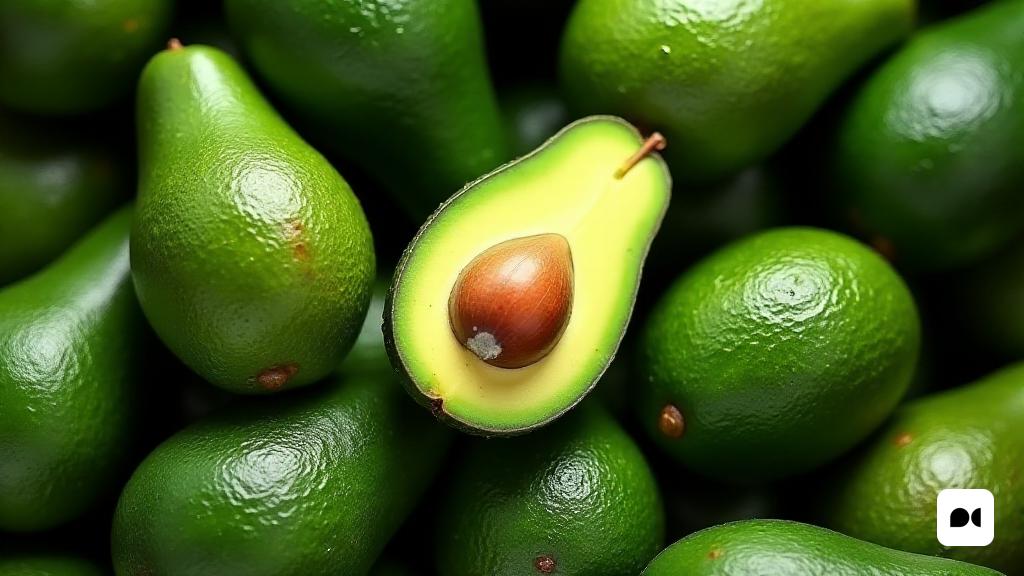The unexpected rise of avocado to the Mediterranean diet
Avocado has gained popularity in Catalonia, the Valencian Community and the Islands in the last decade, with a notable increase in its consumption. However, this fruit that is now a regular on our plates comes, to a large extent, from distant lands such as Mexico, Peru and Colombia, where large agricultural companies have dedicated themselves to the monoculture of this product.
Environmental impacts of intensive farming
The mass cultivation of avocados has serious consequences for the environment. The water requirement of this plant is high, and its intensive cultivation generates significant pressure on water resources. Deforestation and pollution derived from imports are also issues that need to be considered.
Uncontrolled growth
In the Valencian Community, the increase in land dedicated to avocados has been spectacular, with a 97% increase in cultivated area in just ten years. This trend, which responds to growing market demand, hides a social and environmental cost that cannot be ignored.
The influence of the food industry
The food industry has played a fundamental role in promoting avocados as a healthy food, without taking into account the consequences that their intensive cultivation can have on the environment and local communities.
A fabricated story
The image of the avocado as a healthy superfood has been built by the marketing strategies of large corporations, which seek to sell a lifestyle associated with health and fashion, leaving aside the impact that this trend has on the planet.
The precariousness of agricultural communities
The increase in avocado production has devastated traditional agricultural models, impoverishing small farms that cannot compete with multinationals, which control the market and resources.
The fight for water
Competition for water between crops is a growing problem, especially in regions like the Valencian Community, where drought is becoming more frequent. Avocado cultivation requires more water resources than other traditional crops, endangering the sustainability of local agriculture.
Reshaping the agri-food system
It is essential to rethink the current agricultural model. It is not about deciding between crops like avocado or orange, but about rethinking how we can create a sustainable agri-food system that prioritizes food sovereignty and diversity.
Towards a sustainable future
The path to a fairer and more sustainable agri-food model involves diversifying crops and protecting agricultural lands, as well as respecting the needs of local communities and ecosystems. The transition to a system that balances economics with sustainability is more urgent than ever.
Who wins with this model?
Large corporations are the main beneficiaries of this agri-food system, which fosters the concentration of power in the market. The lack of adequate regulations allows these corporations to dictate prices and conditions that can harm both small farmers and consumers.

